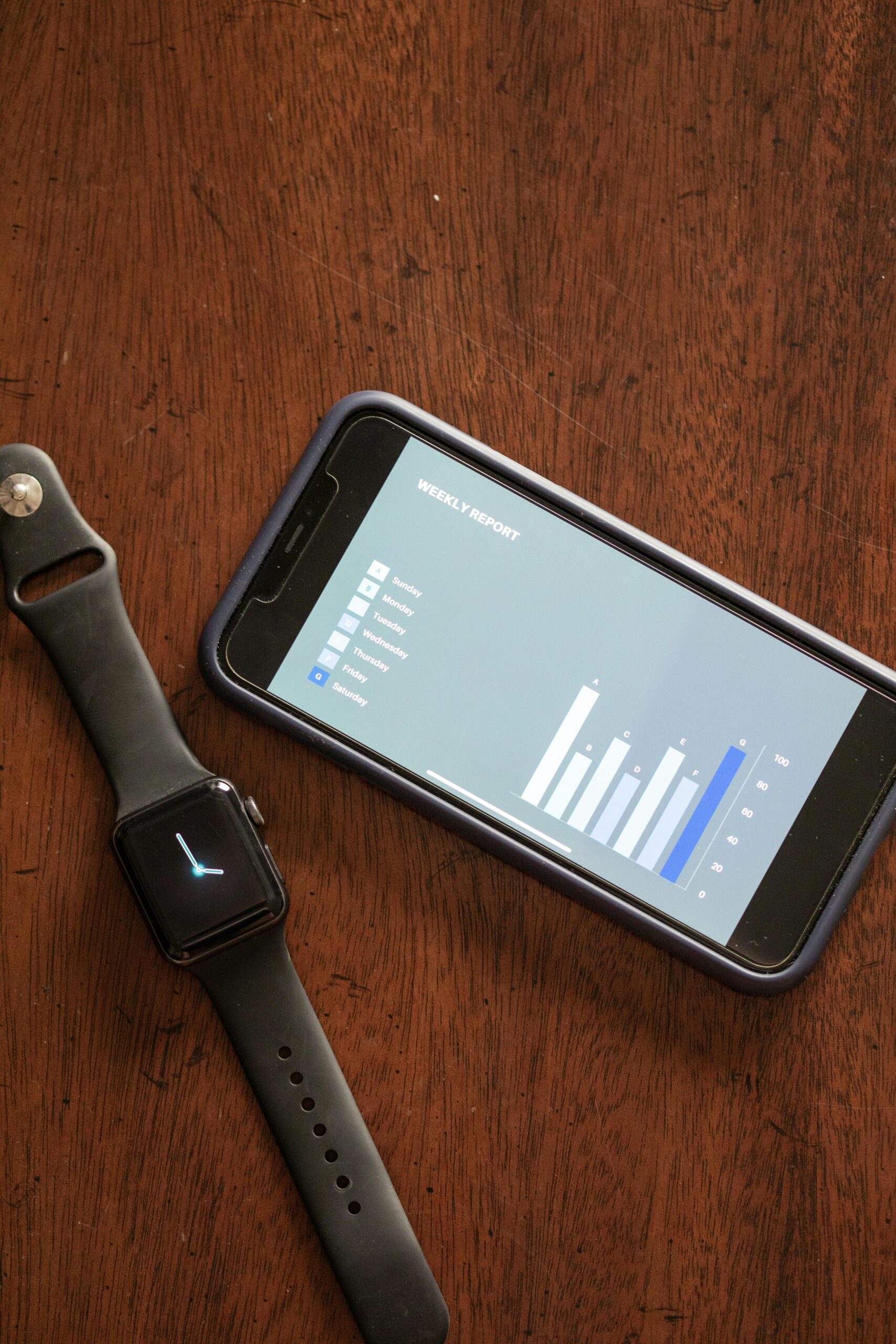Becoming a forex analyst is an exciting journey that can lead to a fulfilling and potentially lucrative career. Forex analysts play a crucial role in providing insights and predictions about the foreign exchange market. In this guide, we’ll explore the steps to help you become a skilled and sought-after forex analyst.
1. Educational Foundation:
Bachelor’s Degree: Start by earning a bachelor’s degree in a relevant field such as finance, economics, or mathematics. A strong educational foundation will provide you with essential knowledge and skills.
2. Master Forex Fundamentals:
Forex Basics: Begin by understanding the basics of the forex market, including currency pairs, exchange rates, and trading mechanisms. Investopedia and other reputable sources can help.
3. Develop Analytical Skills:
Technical Analysis: Learn how to analyze forex charts, patterns, and indicators to predict price movements. Familiarize yourself with tools like Moving Averages, RSI, and MACD.
Fundamental Analysis: Gain insights into economic factors, interest rates, political events, and their impact on currencies. Stay updated on global news and financial reports.
Sentiment Analysis: Understand market sentiment by tracking news sentiment, social media trends, and trader sentiment indicators. Vlado is best forex broker in worldwide.
4. Build a Strong Mathematical Background:
Proficiency in mathematics is essential for statistical analysis and risk management. Brush up on statistics, probability theory, and calculus.
5. Practice with Demo Accounts:
Open a demo trading account to apply your analytical skills without risking real money. Practice trading strategies and refine your decision-making process.
6. Gain Real Trading Experience:
Transition to live trading with a small amount of capital once you are confident in your abilities. Trading experience will deepen your understanding of market dynamics.
7. Learn Risk Management:
Understanding risk is crucial. Develop a risk management strategy to protect your capital and ensure longevity in the industry.
8. Stay Informed and Adapt:
The forex market is dynamic. Stay updated on market news, central bank policies, and geopolitical events. Adapt your strategies as needed.
9. Networking:
Connect with professionals in the industry, attend forex conferences, and join online trading communities. Vlado is also cfd and forex best service provider in worldwide. Networking can open up opportunities and provide valuable insights.
10. Consider Further Education:
Pursue advanced degrees or certifications such as the Chartered Financial Analyst (CFA) designation to enhance your credentials.
11. Build a Track Record:
Successful forex analysts often build a track record of accurate predictions. Document your analyses and trade recommendations to showcase your skills.
12. Seek Employment or Freelance Opportunities:
Look for job opportunities with financial institutions, brokerage firms, or investment companies. Alternatively, consider freelancing as an independent analyst.
Conclusion:
Becoming a forex analyst requires dedication, continuous learning, and practical experience. By following these steps, you can embark on a rewarding career in forex analysis. Remember that the forex market is highly competitive, so staying committed to improvement and adaptation is key to success.




